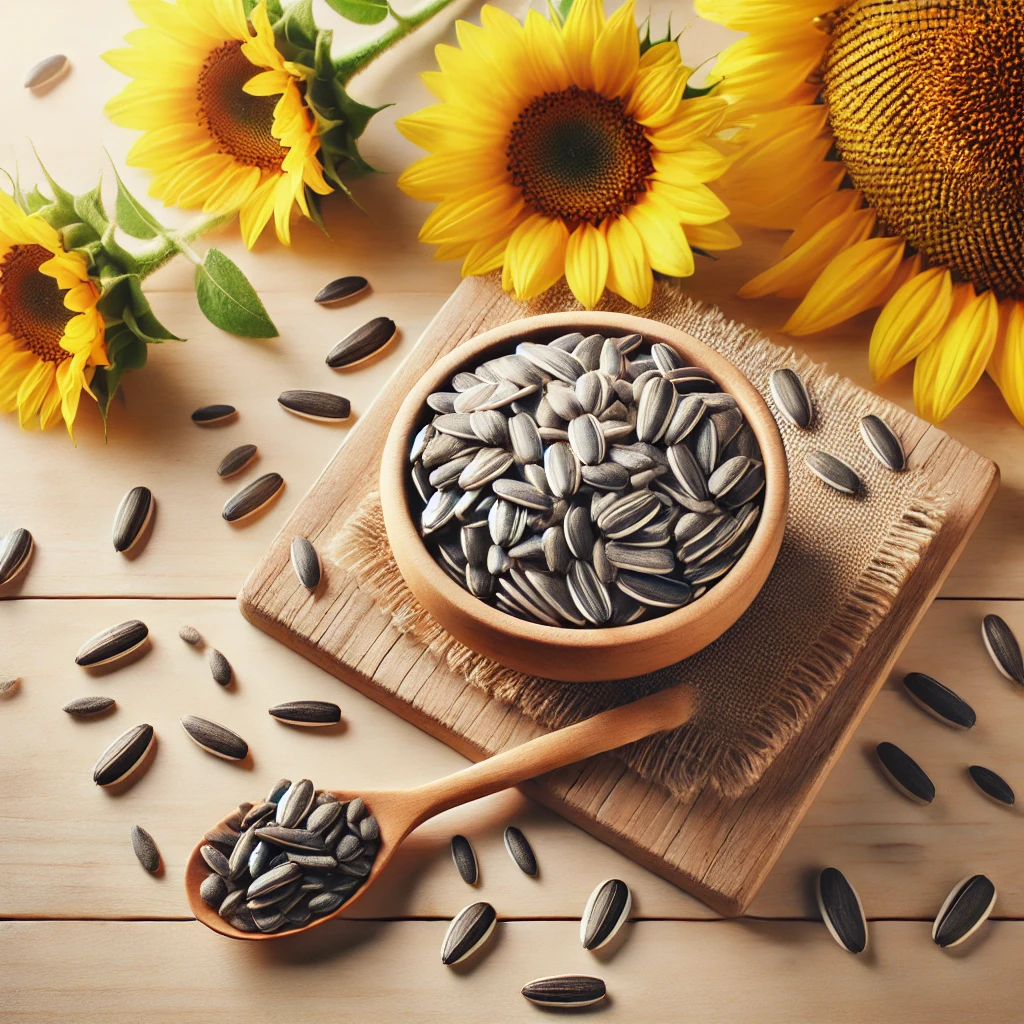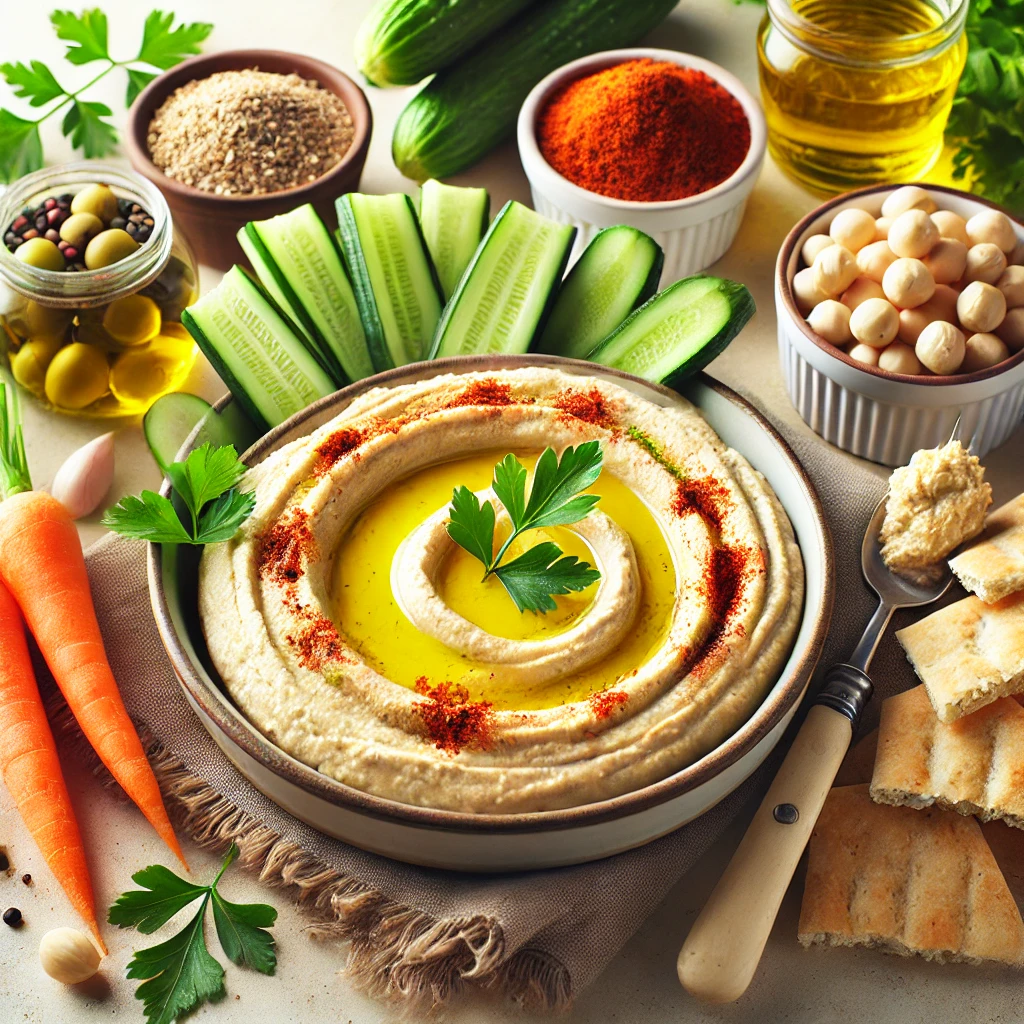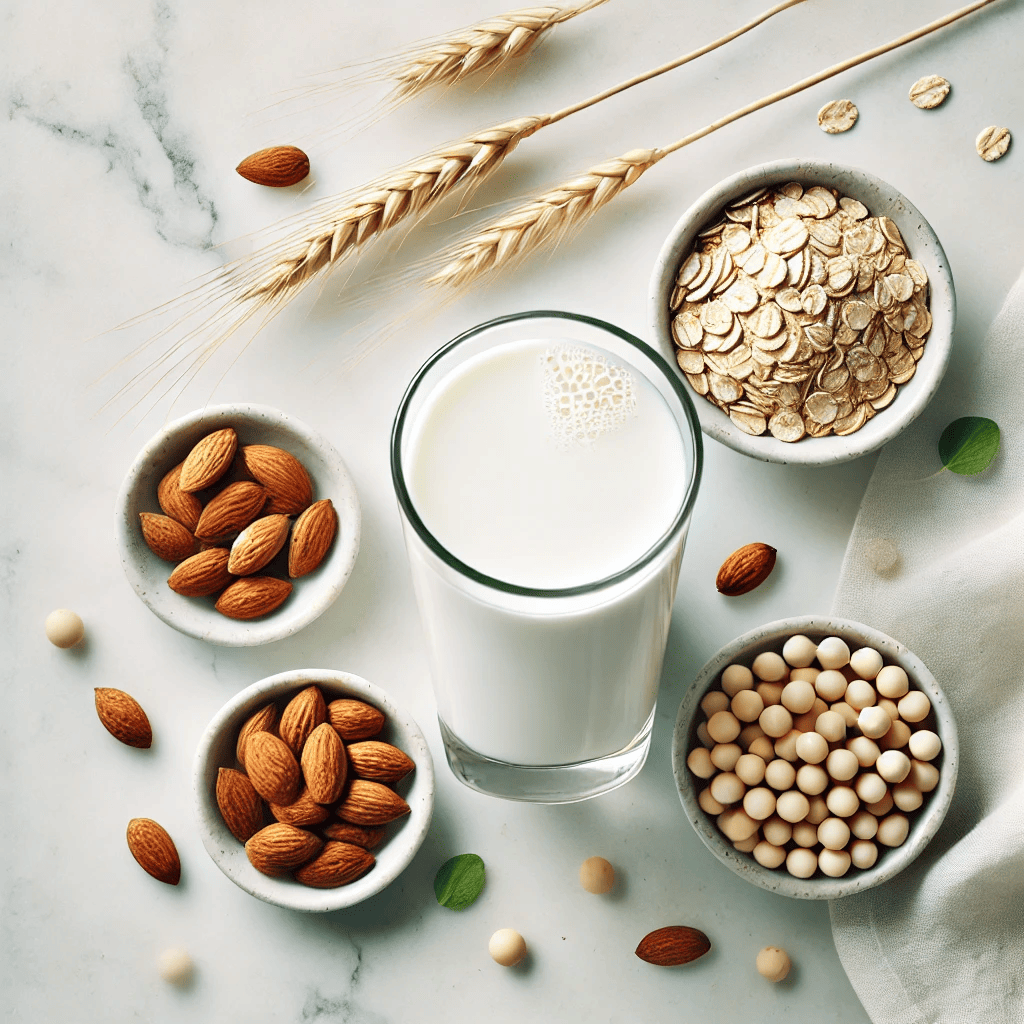19 Amazing Health Benefits of Sunflower Seeds
Sunflower seeds are small, nutrient-dense seeds that come from the sunflower plant. Known for their nutty taste and crunchy texture, they’re easy to add to various dishes, making them a versatile superfood. But sunflower seeds are more than just a tasty snack – they’re packed with essential nutrients, vitamins, and minerals that offer multiple health benefits.
1. High in Nutrients and Antioxidants
Sunflower seeds are loaded with vitamins, minerals, and antioxidants that can improve overall health.
- Vitamins: Sunflower seeds are particularly rich in vitamin E, an antioxidant that protects cells from damage.
- Minerals: They contain magnesium, selenium, and zinc, all of which support various bodily functions.
- Tip: Just a handful of sunflower seeds provides a significant amount of these vital nutrients.
2. Supports Heart Health
The nutrients in sunflower seeds can help keep your heart healthy and reduce the risk of cardiovascular diseases.
- Healthy Fats: Sunflower seeds contain monounsaturated and polyunsaturated fats, which help maintain healthy cholesterol levels.
- Fact: According to the American Heart Association, consuming unsaturated fats can help lower bad cholesterol.
- Example: Adding sunflower seeds to salads or oatmeal can be an easy way to boost heart health.
3. Reduces Inflammation
Sunflower seeds have anti-inflammatory properties due to the presence of antioxidants and healthy fats.
- Antioxidants: These seeds are high in antioxidants like flavonoids and phenolic acids.
- Tip: Incorporating sunflower seeds into your diet may help alleviate chronic inflammation in conditions like arthritis.
4. Supports Healthy Skin
The vitamin E in sunflower seeds plays a major role in keeping skin healthy and radiant.
- Moisturization: Vitamin E helps retain moisture and protects the skin from harmful UV rays.
- Example: Regular consumption of sunflower seeds can help reduce dry skin and promote a glowing complexion.
5. Boosts Immune System
Sunflower seeds are rich in zinc and selenium, minerals essential for a strong immune system.
- Zinc: Supports immune cell function, helping to fight off infections.
- Selenium: Acts as an antioxidant, protecting against cell damage.
- Fact: A handful of sunflower seeds can provide about 10% of the daily recommended intake of zinc.
6. Aids in Digestion
Sunflower seeds contain dietary fiber, which aids in digestion and promotes regular bowel movements.
- Fiber: Keeps the digestive system functioning smoothly and helps prevent constipation.
- Tip: Try sunflower seeds as a fiber boost in yogurt, smoothies, or cereal.
7. Promotes Healthy Bones
The high magnesium and phosphorus content in sunflower seeds contributes to strong bones.
- Magnesium: Important for bone formation and calcium absorption.
- Fact: Sunflower seeds can be a helpful addition to the diet for individuals looking to strengthen their bone health.
8. Improves Brain Function
The nutrients in sunflower seeds support cognitive function and overall brain health.
- Vitamin E: Acts as an antioxidant, reducing the risk of neurodegenerative diseases.
- Folate: Supports mental clarity and brain function.
- Example: Including sunflower seeds in your diet may help enhance memory and concentration.
9. Supports Weight Management
Sunflower seeds are low in carbs but high in protein and fiber, making them great for weight management.
- Satiety: The combination of fiber and protein helps you feel fuller for longer.
- Tip: Sprinkle sunflower seeds on salads or snacks to stay full without excess calories.
10. Balances Blood Sugar Levels
Sunflower seeds can help stabilize blood sugar levels, thanks to their low carb and high protein content.
- Healthy Fats and Fiber: They help slow down glucose absorption.
- Fact: Studies suggest that a high-protein snack like sunflower seeds may aid in blood sugar control.
11. Helps Reduce Cholesterol
Sunflower seeds contain compounds that help lower bad cholesterol (LDL).
- Phytosterols: These plant compounds help block the absorption of cholesterol in the intestines.
- Example: Regular consumption of sunflower seeds may contribute to a healthier lipid profile.
12. May Reduce Cancer Risk
The antioxidants and selenium in sunflower seeds contribute to reduced cancer risk.
- Antioxidants: They help neutralize harmful free radicals that can cause cell damage.
- Selenium: This mineral is known for its cancer-protective properties, particularly in colorectal and prostate cancer.
13. Improves Mood and Reduces Stress
Sunflower seeds contain tryptophan and magnesium, which can positively impact mood and stress levels.
- Tryptophan: This amino acid helps produce serotonin, known as the “feel-good” hormone.
- Tip: Eating sunflower seeds as a snack may help elevate your mood and reduce stress.
14. Supports Hair Growth
The nutrients in sunflower seeds can promote healthy hair growth.
- Vitamin E: Helps protect scalp cells and improves blood circulation.
- Example: Consuming sunflower seeds regularly can lead to shinier, stronger hair.
15. Enhances Thyroid Function
Sunflower seeds are a good source of selenium, a mineral essential for thyroid health.
- Selenium: Supports the production of thyroid hormones and helps regulate metabolism.
- Fact: A selenium-rich diet may reduce the risk of thyroid disease.
16. Provides Natural Energy Boost
Sunflower seeds provide a quick energy boost due to their healthy fats, protein, and B vitamins.
- B Vitamins: Essential for converting food into energy.
- Example: Sunflower seeds make an ideal pre- or post-workout snack for sustained energy.
17. May Help Prevent Osteoporosis
The magnesium and phosphorus content in sunflower seeds helps prevent bone density loss.
- Phosphorus: Works with calcium to build strong bones and teeth.
- Tip: Adding sunflower seeds to your daily diet can contribute to stronger bones as you age.
18. Supports Muscle Health
The protein in sunflower seeds is vital for muscle repair and growth.
- Protein: Builds and repairs tissues, which is essential for those who exercise regularly.
- Example: Enjoy a handful of sunflower seeds as a post-workout snack to aid muscle recovery.
19. Easy to Incorporate into Diet
Sunflower seeds are versatile and easy to add to various dishes.
- Versatility: Use them in salads, smoothies, oatmeal, or eat them on their own as a snack.
- Tip: Sprinkle sunflower seeds on your meals for a crunchy, nutritious boost.
Conclusion: Sunflower Seeds for a Healthier You
Sunflower seeds are a nutritional powerhouse with numerous health benefits. From promoting heart health and improving digestion to boosting brain function and supporting muscle growth, these tiny seeds offer a wealth of advantages. By incorporating sunflower seeds into your diet, you’re not only adding flavor but also investing in your overall health.




